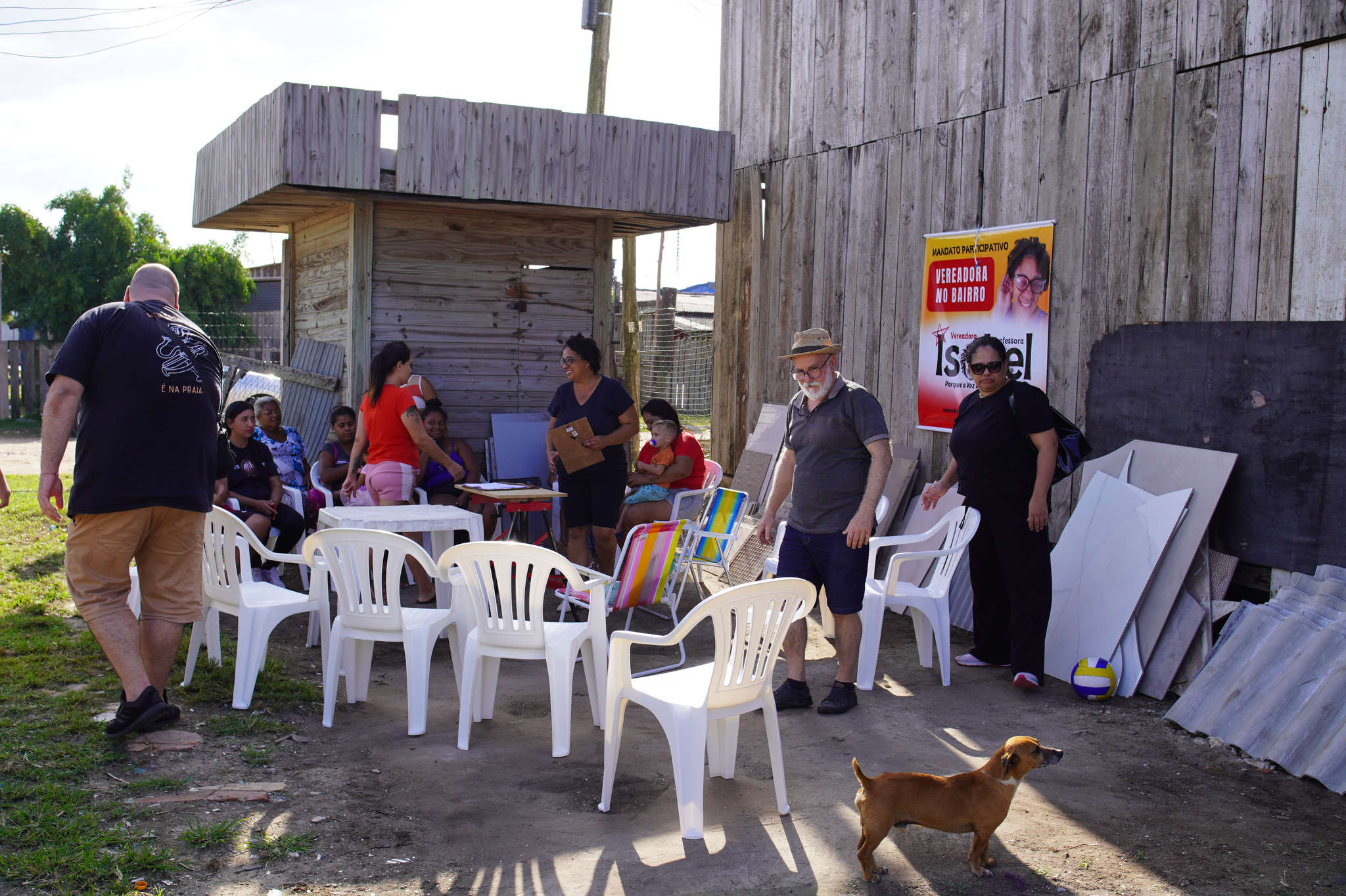SÃO PAULO, BRAZIL — Systemic fraud is undermining gender quotas designed to boost the number of women in Brazilian politics. Political parties who support men also put forward “ghost candidates” – women who appear on the ballot but never campaign, and often never even vote for themselves.
Out of hundreds of thousands of candidates in municipal elections in 2024, Global Press Journal found that 1,823 received zero votes — a key red flag. In São Paulo state alone, 81 cases are under investigation in trial courts and 103 are under appeal. Authorities have not disclosed how many ghost candidate cases are under investigation by the Federal Police, regional electoral courts or the Electoral Prosecutor’s Office.
There’s little reason for political parties to comply with the law; Congress has pushed through deals and loopholes in the wake of the 2022 elections to allow many of those involved to escape consequences.
“Every year, the leaders are pardoned, so they don’t bother to increase the participation of blacks and women,” says Luciana de Oliveira Ramos, a constitutional law researcher and political scientist at Getúlio Vargas Foundation.



A ghost on the ballot
These phantom women’s candidacies, typically orchestrated by party leaders to comply with legal requirements, allow political parties to meet mandated quotas on paper while ensuring male candidates continue to dominate election outcomes. Brazil introduced its current quota system, which requires at least 30% of candidates to be women, in 1997. But it wasn’t until 2018, when the country passed legislation to mandate that 30% of public party funding and advertising be allocated to women candidates, that authorities had the means to spot and address quota-evasion tactics.
In Osório, a city in southern Brazil, one case stood out. Elisandra Tavares de Oliveira, a candidate from the right-wing Progressive Party, received zero votes — not even her own. Records show she reported 1,029 Brazilian reais (about US$184) in campaign donations and spent 600 reais (US$107) on legal and accounting fees. Though her candidacy existed on paper, she never campaigned. Oliveira did not respond to requests for comment.
In Eldorado, former President Jair Bolsonaro’s hometown, courts issued one of the country’s harshest electoral penalties: annulment of all votes cast for a Brazilian Democratic Movement ticket that had fielded 10 candidates in total. Two individuals connected to the scheme, including a sitting councillor, were banned from politics for eight years. Still, such punishments are often overturned through legislative exceptions, and it’s likely that these penalties won’t be enforced.
No one from either the Progressive Party or the Brazilian Democratic Movement responded to Global Press Journal’s repeated requests for interviews.



Modest gains for women
Despite the setbacks, women saw a slight increase in representation in the 2024 elections. Around 10,500 women were elected as city councillors, accounting for 18% of the total — a rise from 16% in previous elections, though still far below proportional representation in a country where women make up more than half the population.
Isabel Silveira dos Santos, a 58-year-old retired teacher and member of the center-left Workers’ Party, was part of this modest progress. She became the most-voted councillor in Osório in 2024, breaking a 12-year period without any women on the city council.
While she believes gender quotas are important, she says they alone can’t solve the problem.
“Sexism permeates every party,” she says. “They prefer to invest in men.”

